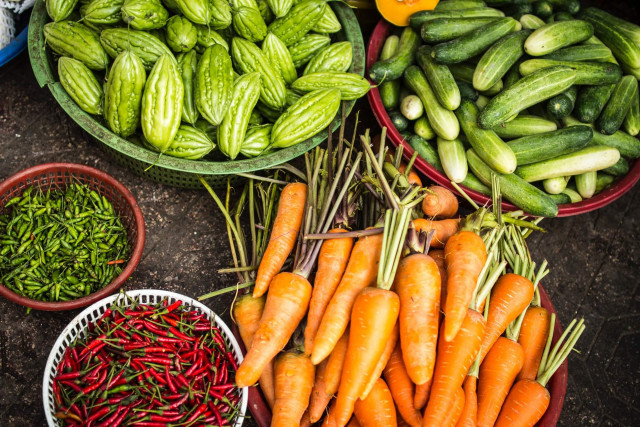Companies in the foodservice industry have an ethical and legal responsibility to provide safe food for their customers. When foodservice giants, like major restaurant chains or agricultural companies, fail to do so, people can be left sickened and lacking trust in their favorite brands. Not only that, but the impact on the public can be deadly.
Here is a closer look at some of the biggest food safety failures of the past few years—including several recent E. coli outbreaks—and what companies can learn from them about food safety practices going into 2020.
Romaine Lettuce
The 2019 romaine lettuce recall led to at least 75,000 pounds of salad products being pulled from the shelves. The produce was linked to an E. coli outbreak that sickened over 100 people in 23 states. Though no deaths were reported as of December 4, 2019, 10 people did develop serious kidney failure, and 58 people were hospitalized.
This is not the first time lettuce has been in the limelight. In the spring of 2018, another recall, this time for lettuce grown in Yuma, AZ, was linked to at least 5 deaths. In November of 2018, nearly a year prior to the most recent romaine recall, E. coli was again found in romaine. These recalls were all linked to growers, indicating food safety must start at the earliest stages of the supply chain.
Tyson Frozen Chicken Strips
Chicken strips and nuggets are a staple in many American kitchens, with parents knowing they can trust them for a kid-friendly dinner in a pinch. In January 2019, Tyson Foods recalled over 36,000 pounds of their chicken nuggets due to concerns that they may contain rubber pieces. On May 4, 2019, the USDA expanded the Tyson recall to include a larger number of frozen chicken strips products. These foods had potential metal pieces in them, which put people at serious risk. As of May 2019, three people had been injured because of metal pieces in the chicken strips.
Chipotle Linked to Food-borne Illness
In the summer of 2018, Chipotle, the Tex-Mex fast-food giant, came under scrutiny when its restaurants were linked to several cases of food-borne illness. Close to 700 people in an Ohio community became ill with gastrointestinal symptoms, leading to testing of Chipotle’s food. Officials found that the restaurant’s food tested positive for clostridium perfringens, a common food poisoning bacteria, which typically grows when food is not kept at a safe temperature. This was a huge blow after a 2015 E. coli outbreak was also linked to Chipotle.
It has taken several years for Chipotle to recover from these problems. In order to convince customers to come back to their restaurants, Chipotle had to invest much time and money into re-training employees across all of its franchises in proper food management techniques.
Ground Beef Recall
In March of 2019, ground beef was linked to over 200 cases of E. coli. In this particular instance, no single source was identified as the culprit. However, two packing companies, Colorado Premium Foods and Grant Park Packing, chose to recall their ground beef products as a result. This totaled over 166,000 pounds of recalled ground beef products, and many more that were potentially questionable.
Pork Recall
In November of 2019, over half a million pounds of pork was pulled from shelves. This recall was not connected to any specific bacterium or illness, but it was connected to a major food safety failure. The pork, which came from Illinois-based Morris Meat Packing, had not been properly inspected to ensure safety.
These food safety issues have shed light on the need for better food safety compliance. Food safety laws apply to restaurants, food service businesses, food growers, and manufacturers that handle food products. All of these groups must stay well-informed about compliance and strive to keep food safe to protect consumers from illness.
Want to learn more about earning your BS – Food Industry Compliance Management degree? Complete the “Request Info” form on this page or call 855-JWU-1881.
